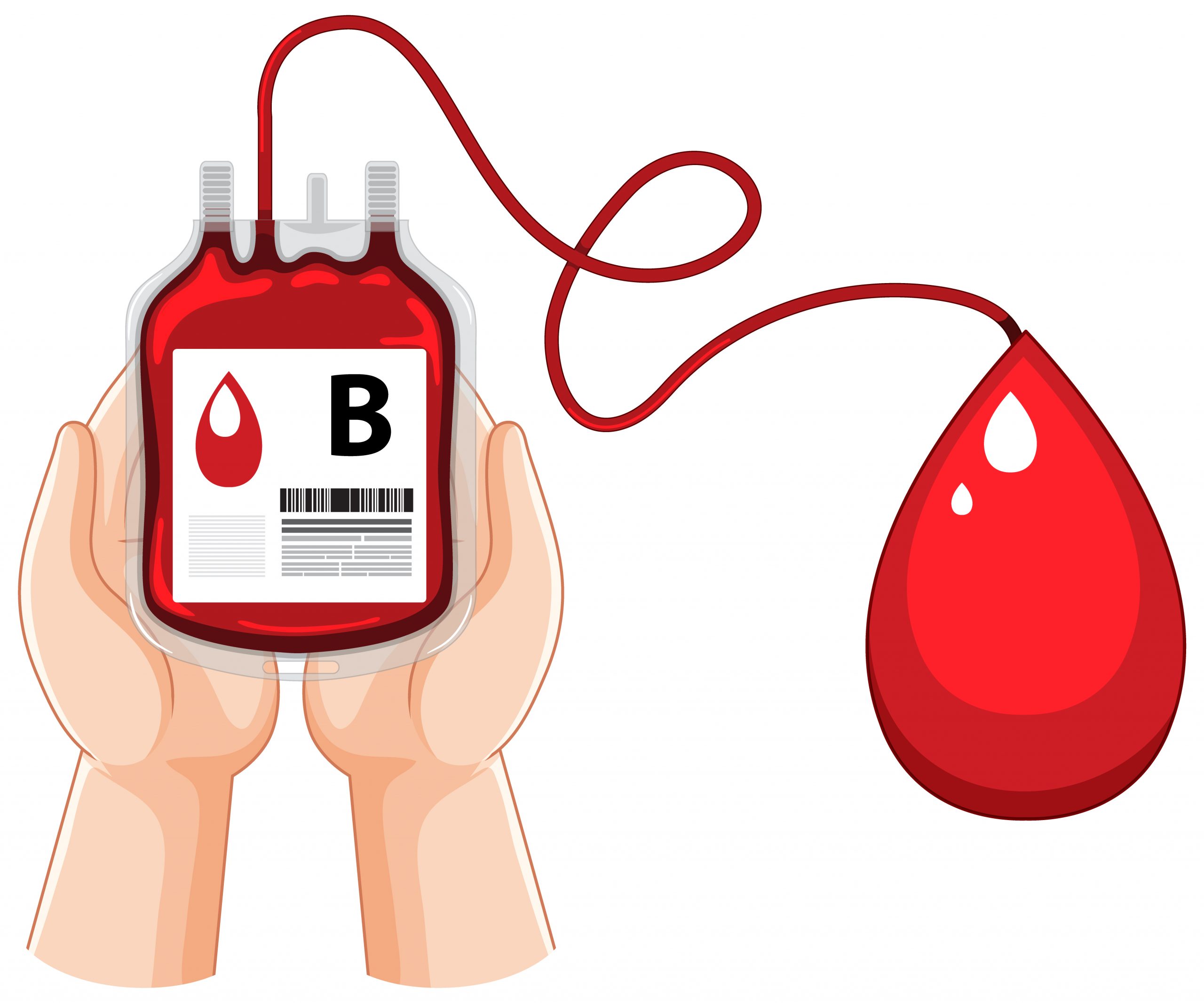

According to an interdisciplinary team of partners across the United States that includes leaders at the University of Minnesota Medical School, the new technology could transform present blood storage and quality monitoring techniques, enabling improved patient matching and outcomes during blood transfusions. The project, which was directed by scientists from Massachusetts General Hospital, was just published in the PNAS journal.
”Blood transfusion could be transformed by the technology we recommend,” said Susan M. Wolf, JD, a professor of law and medicine at the U of M Medical School and Law School and one of the article’s co-authors.
The current techniques for storing and monitoring blood can be improved with lab-on-a-chip technology and machine learning. This is accomplished by enabling more accurate measurements to evaluate the standard of blood units kept in storage and better match patients with blood units that are available for blood transfusions. The authors claim that very unwell patients, those requiring ongoing transfusions, and those undergoing major procedures may require these cutting-edge technologies in particular.
The report not only outlined a roadmap for suggested modifications to the current system, it also underlined the necessity of ongoing cooperation among scientists, engineers, ethicists, specialists in artificial intelligence, patients, and industry partners to improve current practices.
An interdisciplinary team working on the Engineering Research Center (ERC) for Advanced Technologies for the Preservation of Biological Systems (ATP-BioSM), which is supported by the National Science Foundation, wrote this PNAS publication.
“ATP-BioSM is proud to be part of this work that outlines the future of diagnostics in a blood product. This points the way for microfluidic technologies to improve the use of preserved cell therapy products for better patient outcomes,” said John Bischof, PhD, director of the ERC and the Institute for Engineering in Medicine.
The $26 million NSF grant funding for ATP-BioSM (EEC-1941543) and multiple NIH awards helped to fund this PNAS research in part. Bischof, Wolf, who also chairs the university’s Consortium on Law and Values in Health, Environment, and the Life Sciences, and David McKenna, MD, director of the medical school’s Division of Transfusion Medicine, are researchers from the University of Minnesota Medical School who have contributed to this groundbreaking work. At Massachusetts General Hospital, Ziya Isiksacan, PhD, and Osman Berk Usta, PhD, are the senior and primary authors of this article.
more recommended stories
 National Healthy Longevity Trial Receives Federal Support
National Healthy Longevity Trial Receives Federal SupportKey Summary Up to $38 million.
 Vascular Health Linked to Early Alzheimer’s Brain Changes
Vascular Health Linked to Early Alzheimer’s Brain ChangesKey Takeaways Brain vascular health is.
 Red Blood Cells Improve Glucose Tolerance Under Hypoxia
Red Blood Cells Improve Glucose Tolerance Under HypoxiaKey Takeaways for Clinicians Chronic hypoxia.
 Nanoplastics in Brain Tissue and Neurological Risk
Nanoplastics in Brain Tissue and Neurological RiskKey Takeaways for HCPs Nanoplastics are.
 AI Predicts Chronic GVHD Risk After Stem Cell Transplant
AI Predicts Chronic GVHD Risk After Stem Cell TransplantKey Takeaways A new AI-driven tool,.
 Red Meat Consumption Linked to Higher Diabetes Odds
Red Meat Consumption Linked to Higher Diabetes OddsKey Takeaways Higher intake of total,.
 Pediatric Crohn’s Disease Microbial Signature Identified
Pediatric Crohn’s Disease Microbial Signature IdentifiedKey Points at a Glance NYU.
 Nanovaccine Design Boosts Immune Attack on HPV Tumors
Nanovaccine Design Boosts Immune Attack on HPV TumorsKey Highlights Reconfiguring peptide orientation significantly.
 High-Fat Diets Cause Damage to Metabolic Health
High-Fat Diets Cause Damage to Metabolic HealthKey Points Takeaways High-fat and ketogenic.
 Acute Ischemic Stroke: New Evidence for Neuroprotection
Acute Ischemic Stroke: New Evidence for NeuroprotectionKey Highlights A Phase III clinical.

Leave a Comment